
They call it "dronocide": new training to deal with what is now the greatest threat to a Ukrainian soldier's life on the battlefield – drones.
These machines saturate the front line and cause the largest number of casualties, according to Ukraine. If Donald Trump can't make Vladimir Putin agree to a ceasefire at their meeting in Alaska on Friday, then this training in eastern Ukraine might be essential to saving lives on the front.
The continuing preparation for battle suggests few in Ukraine are expecting this war to stop any time soon. The training is not especially sophisticated: their defence is a shotgun. The soldiers go through drills to hit fast-moving targets – shooting first from the ground, and then while on the move. Ihor, their experienced instructor, tells the men a shotgun is currently their most effective means to bring down a drone at close range.
Ihor has been fighting on Ukraine's eastern front since 2014, the year Russia illegally annexed Crimea and sent troops into the Donbas region. His call sign is "The Knifer". He also trains troops in hand-to-hand combat.
Ihor's been trying to help stop the Russian advance for the past ten years. He bristles at any suggestion that Ukraine will have to give up territory as part of any "land swap".
"Neither me nor my comrades are ready for this," he tells me. He says they'd rather continue fighting until "we liberate our territories".

That doesn't seem likely, with some Ukrainian front line units now well below strength. One soldier told us renewed efforts to mobilise more troops had been a "disaster". They know they're still outgunned and outnumbered.
Ukrainian troops also admit they're tired and losing ground. It's an undeniable fact. But this training shows they're not giving up.
Oleksii, one of the soldiers honing his skill with a shotgun, says he's already lost his father and friends in the war.
He admits "the war must be stopped one way or another". But as for the suggestion that Ukraine hands over more territory to Russia, he says: "It wouldn't be my suggestion, I don't like this idea."
Ukrainian troops point out that Russia is also taking heavy losses, suffering around 1,000 casualties – dead or injured – every day. Russia's resources are slowly being exhausted too.
The views from the front are reflected in Ukraine's towns and cities. Civilians are also suffering the consequences of this war more directly, not least with the recent ramping up of Russian missile and drone attacks across the country. Last month Russia launched more than 6,000 drones at Ukraine. In July 2024 that figure was much lower - just over 400.
In the streets of the capital Kyiv there's no doubt they want to see an end to the war. "If we don't stop, we will lose even more territory and people," Oleksandr says. He uses the analogy of gambling in a casino: "The more you play, the more you lose."

Volodymyr, another passer-by, is downbeat about the prospect of the talks between Presidents Trump and Putin. He believes Ukraine will probably have to give up more territory in return for a ceasefire. "We don't have the resources," he says. "All our boys are in heaven or in hospital."
President Zelensky has already expressed his frustration that Ukraine's voice will not be heard in Alaska. He's also made clear he won't be surrendering Ukrainian territory. "It's not my private property," he said earlier this week. But some recent polls suggest that more Ukrainians are resigned to the fact that they might have to sacrifice land for peace.
The bottom line though is that few believe Russia really wants peace. Oleksandr Merezhko, an MP and Chairman of Ukraine's Foreign Affairs Committee, thinks the Alaska meeting is just a PR stunt for President Putin.
"Putin doesn't have any desire to reach a compromise," Merezhko says. "He thinks he's winning the war. He is not going to back down."
Merezhko also dismisses President Trump's suggestion that Ukraine will have to "sign something".
"Absolutely not," he says. "I don't believe any agreement which leads to our destruction can be imposed on Ukraine." He says it's both morally and legally wrong to sacrifice people's homes for peace.
But many Ukrainians have already lost their homes and lives. According to the UN, more than 13,000 civilians have been killed in the country, while 3.5 million Ukrainians have been forced to leave their homes.

More than 500 of those displaced people are now living in a temporary village, just outside the capital. Their new homes are metal containers, rather than bricks and mortar. Many are the elderly who fled the fighting in the East. There's a small play area for children who'll probably never see the towns and villages they were born in. Their old homes are now in occupied territory.
The face of 78-year-old Hennadii wells up with tears when he tells me doesn't think he'll ever see the grave of his mother again. He tells me he still misses what he had to leave behind. "I liked fishing there, I had a small plot of land, my grapes and my walnut tree," he says. "And now it doesn't exist."
No one we talk to here expresses much confidence about the talks between Presidents Trump and Putin. "I really hope there will be something good after those talks but I don't have much hope," says Valeria, an 18-year-old student whose family lost their home.
But 78-year-old Valentina is more defiant. Her husband was killed by a Russian missile. "This is our land and our people are dying for it," she says. "How can we give it up? No way."
In Alaska Presidents Trump and Putin will be talking about Ukraine's future - without Ukrainian representation, and over their heads.
Ukraine may gradually be losing this war, but it's not yet been defeated. That makes it harder for anyone else to force through a peace it cannot accept.
Additional reporting by Firle Davies, Anastasiia Levchenko and Mariana Matveichuk
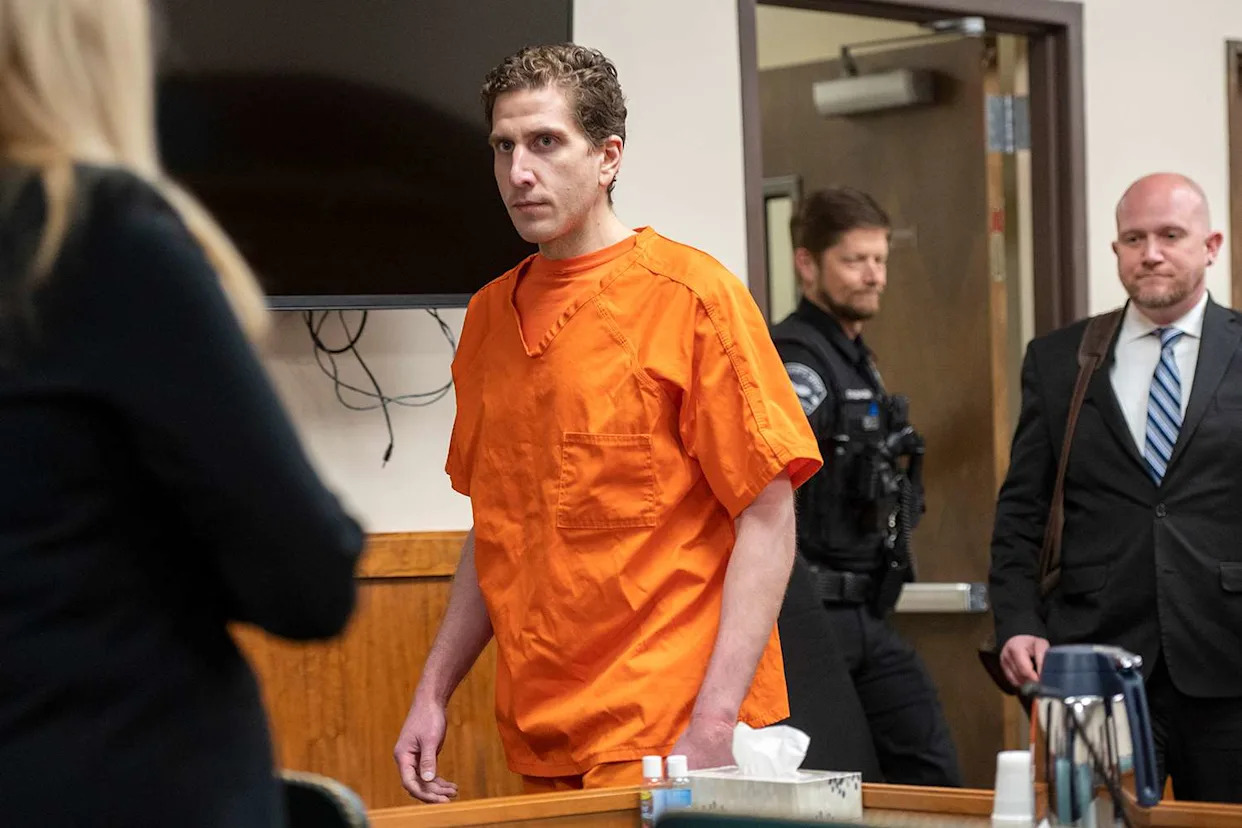

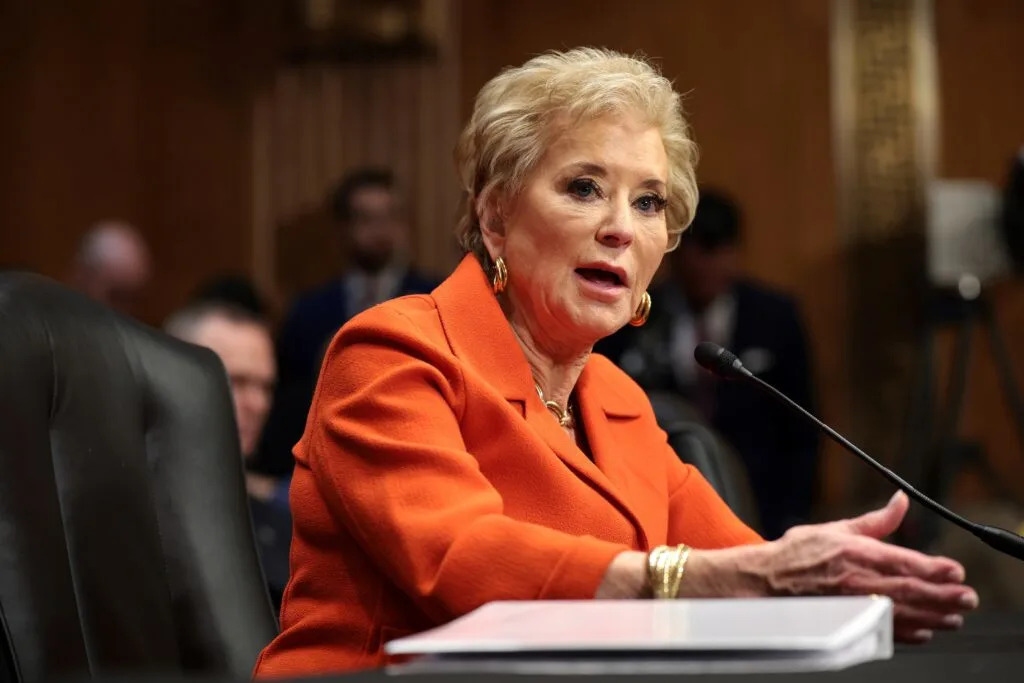
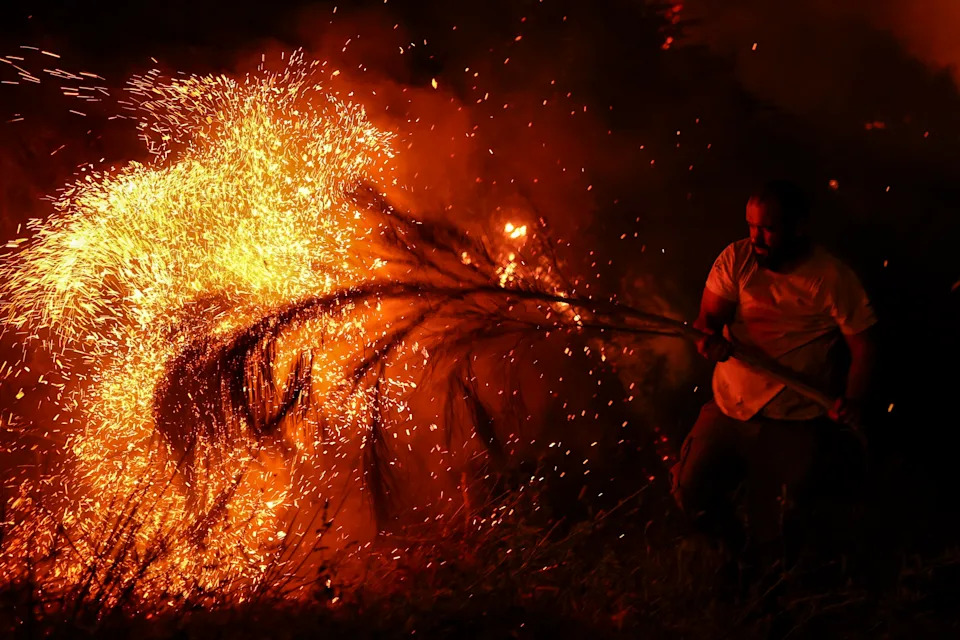
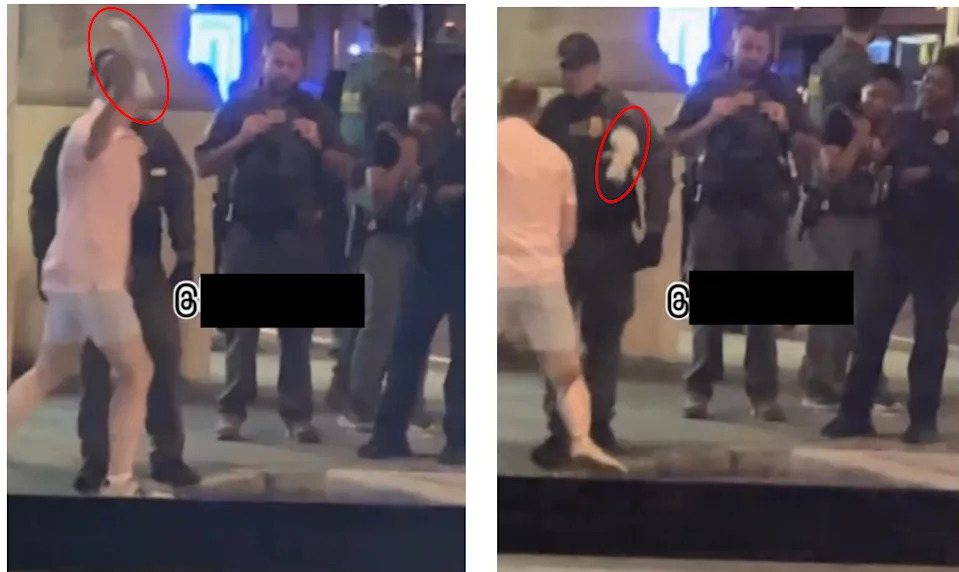
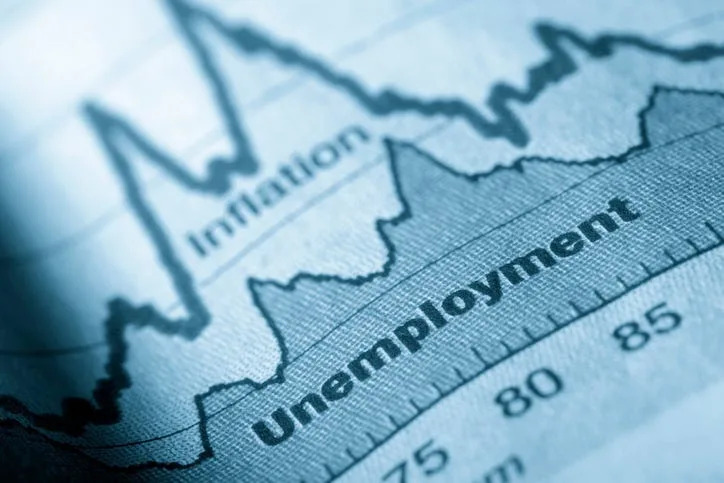
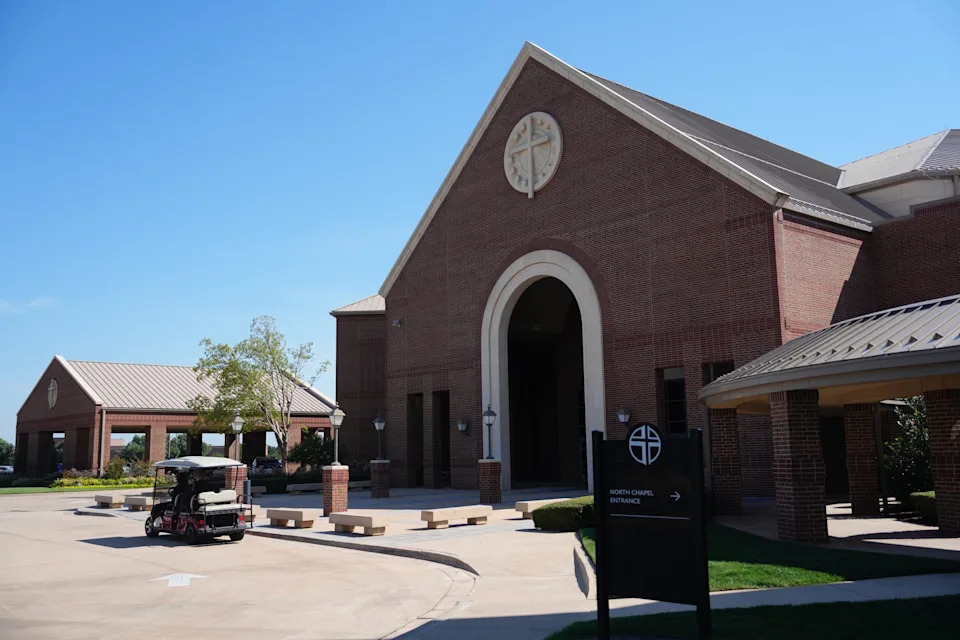
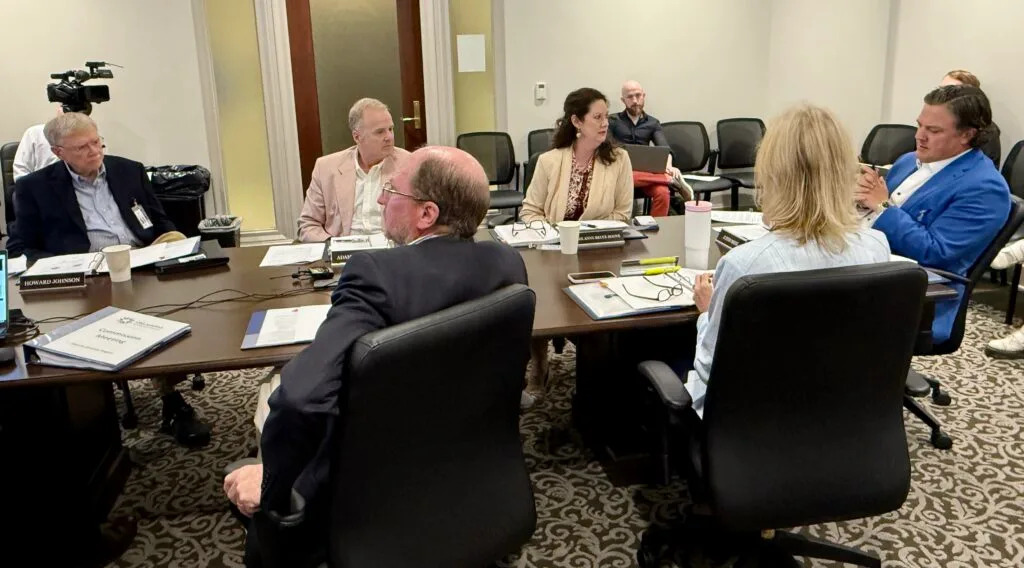
Comments